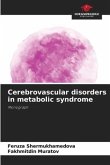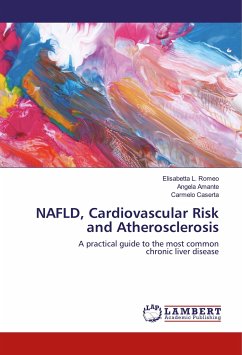Obesity is one of the most pressing medical problems. Abdominal obesity is often combined with high blood pressure, dyslipidemia and hyperglycemia, which have adverse cardiovascular consequences and are united by the term metabolic syndrome. This syndrome is characterized by decreased sensitivity of peripheral tissues to insulin, hyperinsulinemia, hyperleptinemia and leptin resistance, which is accompanied by endothelial dysfunction, oxidative stress, proinflammatory and prothrombotic disorders. The role of leptin and polymorphisms of the leptin gene and leptin receptor gene in the development of abdominal obesity and its adverse hemodynamic and metabolic consequences was determined in the present work. The work presents data on the use of imidazoline receptor agonists, particularly moxonidine, in the treatment of patients with hypertension and metabolic syndrome. The book is intended for cardiologists, endocrinologists, general practitioners, medical students.
Bitte wählen Sie Ihr Anliegen aus.
Rechnungen
Retourenschein anfordern
Bestellstatus
Storno








